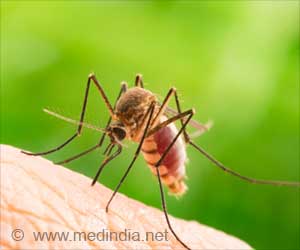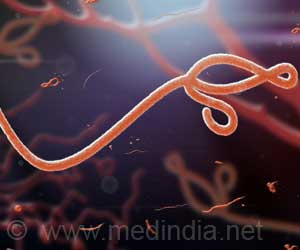University of Nottingham researchers say that the anti-malarial drug quinine has the potential to block a cell's ability to take up the essential amino acid tryptophan,
Quinine, the anti-malarial drug, has the potential to block a cell's ability to take up the essential amino acid tryptophan, University of Nottingham researchers have found. This could explain many of the adverse side-effects associated with the drug.
The findings could mean that dietary tryptophan supplements could be a simple and inexpensive way to improve the performance of this important drug.Quinine is a very commonly used anti-malarial drug, but, to date, the principal mode of quinine action against the malaria parasite has remained largely unclear.
The researchers don't even have the idea of why the drug causes adverse reactions like nausea, headaches, and blurred vision.
Thus, Simon Avery and colleagues at the university took advantage of yeast genetics, and examined the effects of quinine on a collection of 6000 yeast mutants, each one lacking exactly one of the yeast's 6000 genes.
It was found that yeast strains unable to make tryptophan were extremely susceptible to quinine poisoning, which led them to identify a tryptophan transporter as a key quinine target.
The above discovery supports the evidence that quinine reactions are more severe in malnourished individuals.
The authors also noted that tryptophan is important as a precursor for the brain chemical serotonin, so the enhanced tryptophan deficiency induced by quinine could explain why many of quinine's side effects are localized to the head region.
Source-ANI
TAN
 MEDINDIA
MEDINDIA




 Email
Email






